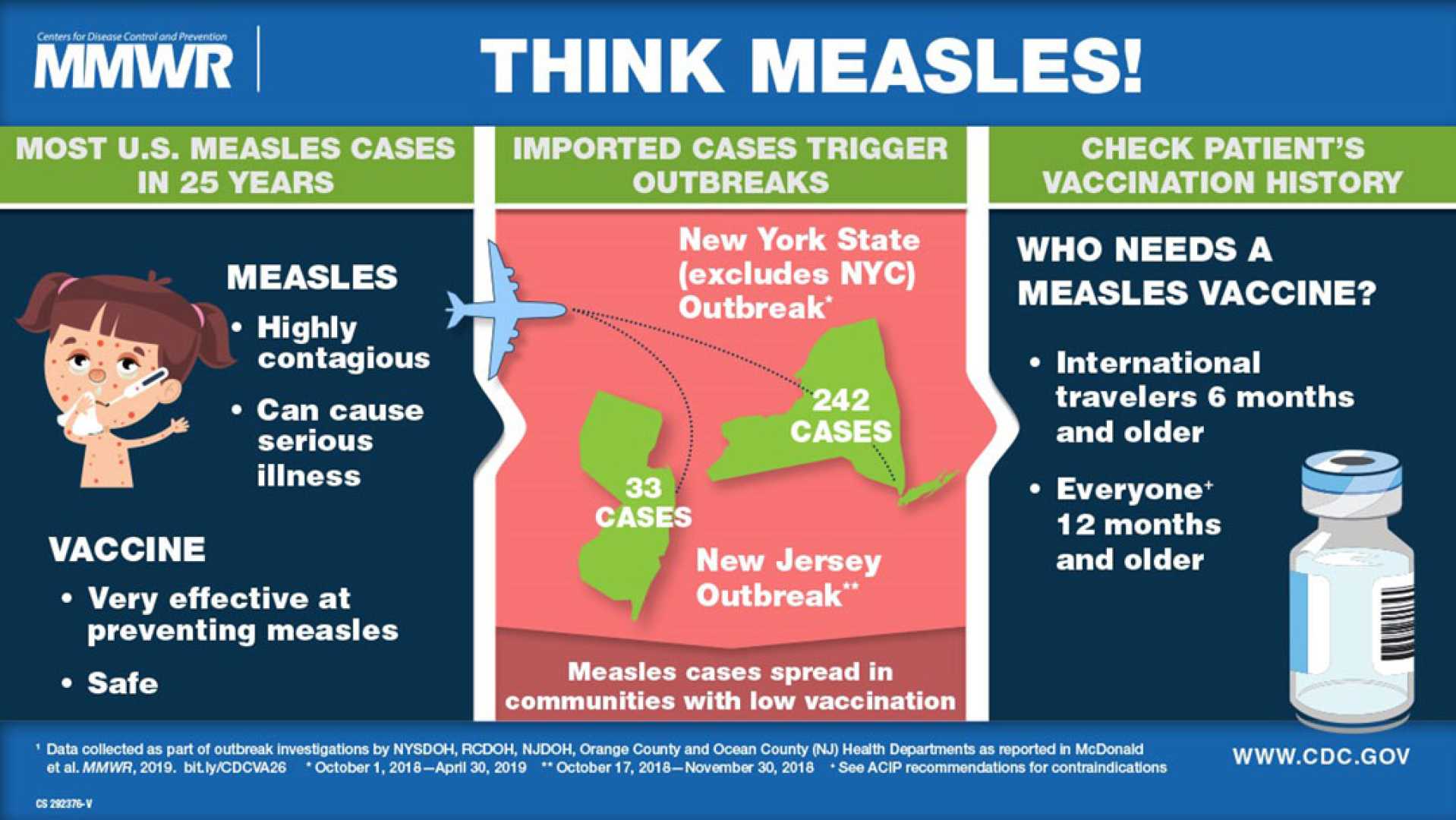Health
CDC’s Measles Messaging Shift Raises Concerns Amid Ongoing Outbreaks

ATLANTA, Ga. — As measles outbreaks extend across 19 U.S. states, the Centers for Disease Control and Prevention (CDC) has quietly shelved a crucial assessment from its own experts. The document highlighted a significant risk of measles infection in areas with low vaccination rates and proposed a renewed communication strategy to encourage vaccination against the potentially fatal disease.
This abrupt exclusion has prompted concern among public health experts about the agency’s changing approach to vaccination messaging, particularly in light of increasing pressure from vaccine critics like Robert F. Kennedy Jr., who currently serves as the Secretary of Health and Human Services.
The CDC’s historical approach emphasized vaccination as a means of protecting not only individuals but also communities, especially vulnerable populations unable to receive vaccines, such as infants. However, the latest developments suggest a worrying shift. A CDC spokesperson explained the recent decision to alter its messaging by stating, “The decision to vaccinate is a personal one,” an assertion that diverges from established scientific consensus and aligns more closely with the views of vaccination skeptics.
Vaccines, particularly the measles-mumps-rubella (MMR) vaccine, have recently faced increasing misinformation campaigns. A discredited study that falsely linked the MMR vaccine to autism sparked widespread paranoia over vaccine safety, despite multiple studies disproving any such connection. A recent survey from the University of Pennsylvania indicated that skepticism regarding vaccine safety persists, with a notable percentage of respondents believing that approved vaccines pose risks.
Measles was declared eliminated in the U.S. in 2000, but there has been a resurgence of outbreaks in recent years. In 2023 alone, the number of confirmed measles infections has already surpassed that of any full year since 2019. Public health officials have drawn significant lessons from the COVID-19 pandemic about the importance of transparent communication and timely updates.
“Withholding essential updates and best practices undermines public health goals,” said a public health educator. “It also hampers the ability of local public health services to respond effectively to outbreaks.”
For individuals who received the MMR vaccine as children, a simple blood test can determine immunity levels. Those born between 1957 and 1975 may have received only a single dose of the vaccine, which offers about 93% efficacy. The standard regimen now includes two doses, boosting protection to 97%. Health experts advise individuals who have had just one dose and live in outbreak areas, or work in high-risk environments such as healthcare, to consult their providers regarding the need for an additional dose.












